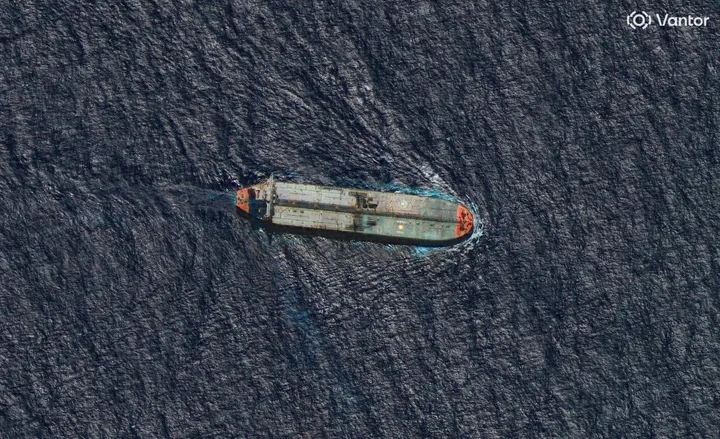A team of scientists from the University of Birmingham, UK and Duke University, US, have developed a new family of polymers that can replace common plastics. The new polymers are made from sustainable sources and retain all the qualities of plastics while being “degradable and mechanically recyclable.”
The materials used to replace plastics were made out of sugar, rather than petrochemical derivatives. There are two polymers: one a “stretchable, rubber-like” polymer and another that is “tough but ductile [pliable, not brittle], like most commercial plastics.”
The researchers used sugar alcohol-based compounds isoidide and isomannide, two compounds that feature a rigid ring of atoms. The new polymers made from the sugar alcohol-based compounds behaved similarly to plastics.
The polymer made from isoidide “showed a stiffness and malleability similar to common plastics, and a strength that is similar to high-grade engineering plastics such as Nylon-6,” the news release notes.
Isoidide and isomannide differ only by the 3D spatial orientation of two bonds –stereochemistry–. The isomannide-based material was similar in strength and toughness to the isoidide based material, but it was also highly elastic and recovered its shape after deformation.
Both sugar-based materials kept their excellent mechanical properties following pulverisation and thermal processing, which is how plastics usually get mechanically recycled.
The researchers used high end technology to simulate how the polymer chains “pack and interact” to produce such different polymer qualities. The news release notes that “the unique 3D shapes of the sugar derivatives facilitate different movements and interaction of the long chains causing the huge difference in physical properties that was observed.”
The researchers created copolymers from both isoidide and isomannide units, and call them compositionally and stoichiometrically identical materials were it not for the “distinct property difference arising from stereochemically distinct hydrogen bonding.”
In Journal of the American Chemical Society, they write that “The modular molecular design of the polymers provides an opportunity to create a family of materials with divergent properties that possess inherently built degradability and outstanding mechanical performance.”
The chemical similarity of the polymers means that they can be blended together to produce materials “with comparable or improved qualities” unlike a lot of commodity plastics.
Dr Josh Worch, from Birmingham's School of Chemistry, and a co-author in the research, says: "The ability to blend these polymers together to create useful materials, offers a distinct advantage in recycling, which often has to deal with mixed feeds."
Dr Connor Stubbs, also from Birmingham's School of Chemistry, adds: "Petrol-based plastics have had decades of research, so catching up with them is a huge challenge.” He goes on to say: “We can look to the unique structures and shapes that biology has to offer to create far better plastics with the same expanse of properties that current commercial plastics can offer."
Duke University professor Dr Matthew Becker says: "Our findings really demonstrate how stereochemistry can be used as a central theme to design sustainable materials with what truly are unprecedented mechanical properties."
Professor Andrew Dove, who led the research team from Birmingham, notes: "This study really shows what is possible with sustainable plastics.” He admits that while more work is necessary “to reduce costs and study the potential environmental impact of these materials, in the long term it is possible that these sorts of materials could replace petrochemically-sourced plastics that don't readily degrade in the environment."
University of Birmingham and Duke University have filed a joint patent application, while the researchers seek industrial partners who are interested in licencing the technology.
























